Venustraphobia is a unique and often misunderstood phobia that involves an intense fear of beautiful women. This disorder can significantly impact an individual’s personal relationships, self-esteem, and day-to-day interactions. In this article, we’ll explore the venustraphobia symptoms, venustraphobia treatment, venustraphobia causes, and ways to overcome it. We’ll also discuss how venustraphobia affects self-image and the role of trauma in its development.
What Are Venustraphobia Symptoms?
Venustraphobia symptoms can range from mild discomfort to severe panic attacks. Individuals with this fear often experience emotional and physical distress when in the presence of attractive women. Below are common symptoms of venustraphobia:
- Anxiety or excessive worry when around beautiful women
- Avoidance behavior, such as staying away from social situations where beautiful women are present
- Rapid heartbeat, sweating, or trembling in the presence of attractive women
- Feelings of inadequacy or self-doubt, especially when interacting with women
- Negative thoughts or beliefs about one’s own attractiveness or value
In severe cases, venustraphobia can lead to social isolation and avoidance of situations that might involve beautiful women.
What Are the Causes of Venustraphobia?
The venustraphobia causes can vary from individual to individual. Like many phobias, it may stem from a combination of psychological, social, and environmental factors. Below are some common causes:
- Trauma: Past experiences of rejection, humiliation, or bullying by women can trigger venustraphobia. Negative memories related to these experiences often lead to a heightened fear of beautiful women.
- Low self-confidence: Individuals with poor self-esteem may develop venustraphobia due to a negative self-image. They may feel unworthy of attention from attractive women, which can cause intense anxiety.
- Cultural influences: Media and societal standards of beauty can reinforce unrealistic expectations. Constant exposure to idealized images of women in the media may contribute to venustraphobia.
- Genetic predisposition: Some people may be more prone to developing phobias due to their genetic makeup, though this is not always the case.
How to Diagnose Venustraphobia: Venustraphobia Test
If you suspect that you or someone you know is struggling with venustraphobia, it’s essential to seek a professional diagnosis. A venustraphobia test is typically conducted by a psychologist or psychiatrist, and it often involves:
- Clinical interviews to discuss symptoms and experiences.
- Questionnaires that assess the severity of the phobia and its impact on daily life.
- Behavioral assessments to observe how the individual reacts to situations involving attractive women.
A proper diagnosis will help determine the best course of treatment and whether the condition is linked to other underlying psychological issues, such as anxiety disorders.
Venustraphobia Treatment Options
There are several effective venustraphobia treatment options available to help individuals manage and overcome their fear. Here are the most commonly used approaches:
1. Cognitive Behavioral Therapy (CBT)
CBT is a popular therapeutic approach that helps individuals identify and challenge negative thought patterns. Through CBT, individuals can learn to change their thinking about beautiful women and develop healthier, more positive perspectives.
2. Exposure Therapy
Exposure therapy is a form of CBT that involves gradual exposure to the feared situation—in this case, being around attractive women. Over time, this helps desensitize individuals to their fear and reduce anxiety.
3. Medications
In some cases, medications such as anti-anxiety drugs or antidepressants may be prescribed to help manage symptoms of venustraphobia. These medications are typically used in conjunction with therapy to address underlying anxiety.
4. Mindfulness and Relaxation Techniques
Mindfulness meditation and relaxation techniques can help reduce the physical symptoms of venustraphobia, such as sweating or rapid heartbeat. By focusing on the present moment, individuals can learn to stay calm in triggering situations.
Overcoming Venustraphobia: Tips for Building Self-Confidence
Overcoming venustraphobia requires more than just treating the symptoms—it involves rebuilding self-confidence and improving self-image. Here are some tips for individuals dealing with this fear:
- Challenge negative beliefs: Start by questioning the belief that beautiful women are out of your league or unattainable. Replace these thoughts with positive affirmations.
- Gradual exposure: Slowly increase exposure to social situations involving women. Start with smaller, less intimidating encounters and work your way up.
- Seek therapy: Professional venustraphobia therapy can help you address underlying issues, such as trauma or poor self-esteem, and develop coping mechanisms for dealing with anxiety.
Venustraphobia Impact: How This Disorder Affects Your Life
The venustraphobia impact can be profound, affecting many areas of life. Individuals with venustraphobia may experience the following:
- Relationship difficulties: Fear of beautiful women can make it hard to form or maintain romantic relationships.
- Social isolation: The anxiety associated with venustraphobia can lead to avoiding social events, which may result in loneliness and isolation.
- Career challenges: In professional settings, the fear of interacting with attractive women can hinder career growth, particularly in roles that require social networking or teamwork.
Understanding the impact of venustraphobia is crucial in recognizing the need for treatment and support.
Certainly! Here is an extension of the article on Venustraphobia with more details.
Venustraphobia Therapy: Professional Help for Overcoming the Fear
For individuals struggling with venustraphobia, seeking professional venustraphobia therapy can be a critical step in overcoming the disorder. A mental health professional can offer various therapeutic approaches to help manage the fear of beautiful women. Here are a few therapeutic strategies that have proven effective:
1. Cognitive Behavioral Therapy (CBT) for Venustraphobia
As mentioned earlier, CBT is one of the most commonly used treatments for venustraphobia. This therapy focuses on identifying irrational thoughts and replacing them with more balanced and realistic thinking. For those suffering from venustraphobia, a therapist will work with the individual to address the distorted perceptions they have about beautiful women and help them develop healthier ways to view both themselves and their surroundings.
Through CBT, individuals can learn coping mechanisms to reduce anxiety when encountering women they perceive as beautiful. The process also involves working through the venustraphobia triggers, which may be deeply embedded in the individual’s experiences.
2. Exposure Therapy for Venustraphobia
Exposure therapy is another crucial part of venustraphobia treatment. This therapy works by gradually exposing the person to their fear in a controlled, step-by-step process. Over time, as the individual becomes more accustomed to being around attractive women, the level of anxiety or panic they experience should lessen.
For example, the exposure may start by simply looking at pictures of beautiful women, progressing to watching movies or TV shows featuring attractive female characters, and eventually participating in face-to-face interactions. Gradual exposure helps individuals desensitize to their fear while maintaining a manageable level of anxiety, leading to a more comfortable response in social situations.
3. Psychodynamic Therapy
Sometimes, psychodynamic therapy is used in treating venustraphobia to explore unresolved emotional conflicts or past traumas that may have contributed to the development of the disorder. This therapy seeks to uncover the root causes of the venustraphobia and helps individuals gain insight into how past experiences, particularly childhood experiences, may shape their fear of beautiful women.
Through this therapeutic approach, individuals can explore how their perceptions of self-image and self-confidence may have been affected by societal influences or traumatic events. Healing from these past wounds can be an essential step in overcoming venustraphobia.
Venustraphobia Triggers: Identifying What Makes the Fear Worse
Venustraphobia triggers can vary significantly between individuals. Common triggers might include specific situations or encounters that bring the fear of beautiful women to the forefront. Identifying and understanding these triggers is essential to managing and eventually overcoming the disorder.
1. Social Events
For many individuals with venustraphobia, social gatherings or parties where attractive women are present can feel overwhelming. This is especially true if the person is expected to interact or form relationships. The fear of judgment or rejection from beautiful women can exacerbate anxiety.
2. Workplaces and Professional Settings
In professional environments, individuals with venustraphobia may avoid situations where they need to interact with attractive colleagues, particularly if those women hold positions of power. High work pressure combined with fear can make it more difficult to perform well, and it can affect career growth if not addressed.
3. Media Exposure
In today’s media-saturated world, individuals with venustraphobia are regularly exposed to images of beautiful women in advertisements, social media, and television shows. The constant bombardment of these idealized portrayals of women can trigger feelings of inadequacy or worsen the fear.
4. Intimate or Romantic Encounters
If a person with venustraphobia feels attracted to an individual they perceive as beautiful, the situation may provoke significant emotional distress. This anxiety often results in avoidance, social withdrawal, or trouble forming romantic relationships.
Coping with Venustraphobia Triggers
Being able to manage venustraphobia triggers is crucial for overcoming the disorder. Individuals can practice grounding techniques, engage in positive self-talk, and use mindfulness techniques to stay calm in triggering situations. Therapy, particularly exposure therapy, can help individuals gradually face and manage their triggers in a controlled manner.
How Venustraphobia Affects Self-Confidence and Self-Image
The fear of beautiful women directly impacts an individual’s self-confidence and self-image. People with venustraphobia often feel inadequate or inferior to the women they fear. This negative view of themselves may contribute to a lack of self-worth, which affects not only their social interactions but also their emotional well-being.
Building Self-Confidence and Self-Image
Improving self-confidence and self-image is essential for overcoming venustraphobia. Here are some ways to boost self-esteem:
- Positive Affirmations: Regularly practicing positive self-talk can help reframe negative thoughts and build confidence.
- Exercise and Healthy Habits: Regular physical activity helps improve mood and can foster a sense of accomplishment, which contributes to self-confidence.
- Seeking Support: Talking with supportive friends, family members, or mental health professionals can provide encouragement and help individuals feel more secure in themselves.
By focusing on improving self-confidence and self-image, individuals can reduce their fear and negative perceptions of beautiful women, leading to healthier relationships and a more fulfilling life.
Venustraphobia Impact on Relationships
Venustraphobia not only affects the individual but also has a profound impact on their relationships. People who are unable to confront or manage their fear of beautiful women may experience difficulties in forming romantic or social connections. This fear can lead to:
- Avoidance of Dating: Those with venustraphobia may avoid dating or romantic pursuits, especially with women they find attractive.
- Strained Friendships: Fear of interacting with attractive women may lead to social withdrawal, causing isolation from friends and acquaintances.
- Communication Issues: Venustraphobia can also make it difficult to express emotions or build trust in relationships due to underlying anxiety.
Overcoming venustraphobia can significantly improve one’s ability to connect with others, both romantically and socially. By addressing the fear and working on self-confidence, individuals can develop more meaningful and supportive relationships.
Overcoming Venustraphobia for a Fulfilling Life
In conclusion, venustraphobia is a challenging disorder, but it is treatable with the right combination of therapy, self-help techniques, and emotional support. Venustraphobia symptoms, causes, and impact can be addressed with cognitive behavioral therapy, exposure therapy, and relaxation techniques. For individuals struggling with the fear of beautiful women, seeking therapy, improving self-confidence, and developing a healthy self-image can help them lead a fulfilling and socially engaged life. With the right tools and support, overcoming venustraphobia is entirely possible, allowing individuals to break free from the shackles of fear and embrace their full potential.
Sure! Here’s an additional extension of the article on Venustraphobia:
Venustraphobia Causes: Understanding the Root of the Fear
The causes of venustraphobia can vary from individual to individual, but several factors are commonly linked to the development of this fear. Understanding the underlying causes can be an essential step in treating the disorder. Below are some of the common causes of venustraphobia:
1. Trauma and Negative Experiences
Many people with venustraphobia have experienced trauma related to interactions with women they consider beautiful. This could involve a past instance where they were rejected, humiliated, or ridiculed by a woman or women perceived as beautiful. Such experiences can lead to negative associations with attractive women, reinforcing the fear and anxiety over time.
2. Low Self-Esteem and Self-Image Issues
Individuals struggling with low self-esteem or negative self-image may develop venustraphobia as a way of coping with their internal insecurities. The belief that they are “not good enough” or “unworthy” compared to attractive women can create intense feelings of anxiety when they are around or engage with women they find beautiful.
3. Cultural and Societal Pressure
Society often places a high value on beauty, particularly for women. Cultural and media-driven portrayals of beauty standards can exacerbate feelings of inadequacy in those with venustraphobia. For example, constant exposure to perfect depictions of women in the media can lead to distorted views of beauty and may trigger the fear of being judged or not measuring up.
4. Childhood Influences
The development of venustraphobia can also be influenced by childhood experiences. For instance, children who grow up in environments where physical appearance is emphasized or where they witness unhealthy relationships with women may develop distorted views that carry over into adulthood. If an individual was exposed to a parent or caretaker who had negative views of attractive women, they may internalize these views as they grow older.
Venustraphobia Test: How to Know If You Have the Disorder
If you suspect that you may have venustraphobia, it is essential to undergo a venustraphobia test or seek professional help to confirm the diagnosis. Mental health professionals use a variety of diagnostic tools, including structured interviews and self-report questionnaires, to assess symptoms and determine whether a person is dealing with venustraphobia.
Here are some signs that may suggest the presence of venustraphobia:
- Intense anxiety when encountering or thinking about beautiful women.
- Avoidance behavior in situations where interactions with beautiful women might occur, such as social gatherings, dating, or professional settings.
- Physical symptoms of anxiety such as sweating, heart palpitations, or trembling when faced with attractive women.
- Negative thoughts and self-doubt when interacting with women, especially those perceived as more attractive.
- Social withdrawal and isolation due to the fear of judgment or rejection by beautiful women.
If you identify with any of these symptoms, it is advisable to consult with a mental health professional for a thorough assessment and to discuss potential venustraphobia treatment options.
Venustraphobia Impact: The Effect on Daily Life
The impact of venustraphobia can be profound, affecting various aspects of a person’s life. Below are some of the key ways venustraphobia can negatively influence a person’s daily functioning:
1. Impact on Personal Relationships
A major area of life that venustraphobia impacts is personal relationships. The fear of beautiful women may make it difficult for an individual to form romantic connections. Venustraphobia can cause someone to avoid relationships altogether due to the intense fear of being judged by or rejected by women they perceive as beautiful. As a result, these individuals may face feelings of isolation or loneliness.
2. Career and Professional Life
In professional environments, venustraphobia can also affect one’s ability to thrive in the workplace. Whether in meetings, networking events, or even casual office settings, the fear of interacting with attractive female colleagues can create unnecessary stress. This fear may reduce the individual’s performance and can impact their ability to build strong professional networks or advance in their careers.
3. Social Anxiety and General Avoidance
The overwhelming anxiety caused by venustraphobia can lead to social anxiety in general, causing individuals to avoid social situations, gatherings, or public spaces where they might encounter women they find attractive. Over time, this avoidance can result in significant social isolation, making it harder for the individual to develop strong social bonds or participate in enjoyable activities.
4. Mental Health Consequences
Living with venustraphobia can take a toll on mental health. Over time, the fear and anxiety associated with venustraphobia can contribute to feelings of depression, low self-worth, and an overall lack of well-being. The constant battle with self-doubt and fear of judgment may create long-term emotional and psychological challenges.
Overcoming Venustraphobia: Steps to Healing
Overcoming venustraphobia is possible, but it often requires a multifaceted approach. Here are some essential steps individuals can take to heal and regain control of their lives:
1. Seek Professional Help
Working with a therapist or counselor is one of the most effective ways to overcome venustraphobia. Venustraphobia therapy, especially CBT and exposure therapy, can help individuals confront their fears in a safe and controlled environment.
2. Challenge Negative Thoughts
Individuals struggling with venustraphobia should work on identifying and challenging the negative thought patterns that fuel their fear. These irrational thoughts can be replaced with more realistic, balanced perspectives.
3. Gradual Exposure
As part of exposure therapy, individuals with venustraphobia can begin to confront their fear in small, manageable doses. This could involve looking at pictures of attractive women, engaging in social situations where beautiful women are present, or participating in public activities. Gradual exposure helps reduce anxiety over time.
4. Build Self-Confidence
Improving self-confidence and self-image is a vital part of overcoming venustraphobia. By developing a more positive relationship with oneself, individuals can reduce the negative perceptions they have about their appearance and worth.
5. Develop Coping Strategies
It is also important for individuals to develop coping strategies for managing anxiety when it arises. Relaxation techniques, mindfulness exercises, and breathing exercises can help reduce the intensity of fear and anxiety.
Frequently Asked Questions (FAQs) about Venustraphobia
1. What is Venustraphobia?
Venustraphobia is the fear of beautiful women, which can result in extreme anxiety and avoidance behavior when encountering or thinking about attractive women.
2. What are the Symptoms of Venustraphobia?
Symptoms of venustraphobia include intense anxiety, avoidance of social situations, physical symptoms like sweating and trembling, and negative thoughts about one’s self-image when interacting with attractive women.
3. What Causes Venustraphobia?
Common causes of venustraphobia include trauma, low self-esteem, societal pressures, and childhood experiences that create negative associations with attractive women.
4. How Can Venustraphobia Be Treated?
Treatment for venustraphobia often involves cognitive behavioral therapy (CBT), exposure therapy, and improving self-confidence and self-image. Consulting with a mental health professional is key.
5. Can Venustraphobia Be Overcome?
Yes, with proper therapy, support, and self-work, individuals can overcome venustraphobia and live a fulfilling life without being controlled by the fear of beautiful women.
FAQs about Venustraphobia
1. What is venustraphobia?
Venustraphobia is the fear of beautiful women, often resulting in anxiety, avoidance, and difficulty forming relationships.
2. What are the symptoms of venustraphobia?
Symptoms include anxiety, sweating, rapid heartbeat, avoidance of social situations, and negative self-image.
3. Can venustraphobia be treated?
Yes, venustraphobia treatment options include cognitive behavioral therapy, exposure therapy, medications, and mindfulness techniques.
4. What causes venustraphobia?
Common causes include past trauma, low self-confidence, cultural influences, and genetic predisposition.
5. How can I overcome venustraphobia?
Overcoming venustraphobia involves therapy, gradual exposure to feared situations, and improving self-confidence through positive thinking.
Understanding venustraphobia and its symptoms, causes, and treatment options is the first step toward overcoming this fear. With the right approach, individuals can improve their self-image, reduce the impact of venustraphobia, and lead more fulfilling, confident lives. Whether through therapy, exposure, or self-help strategies, overcoming venustraphobia is possible, and the rewards—improved relationships and a healthier self-image—are well worth the effort.


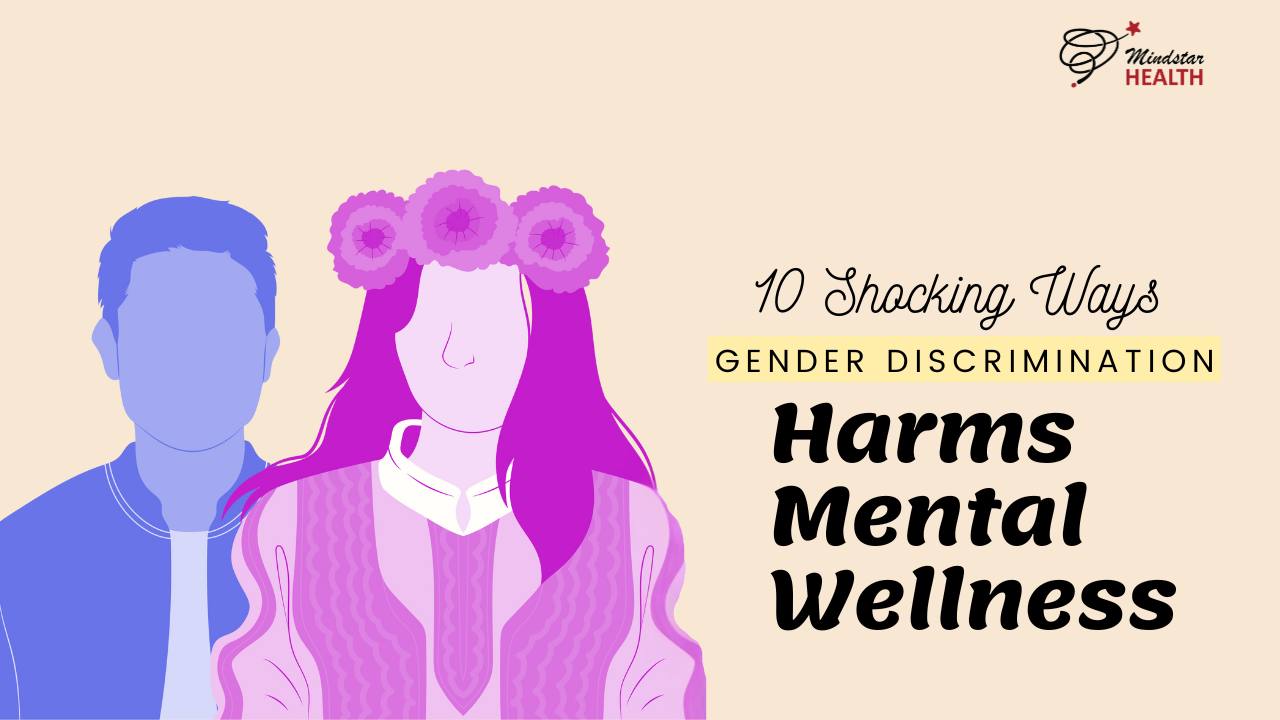
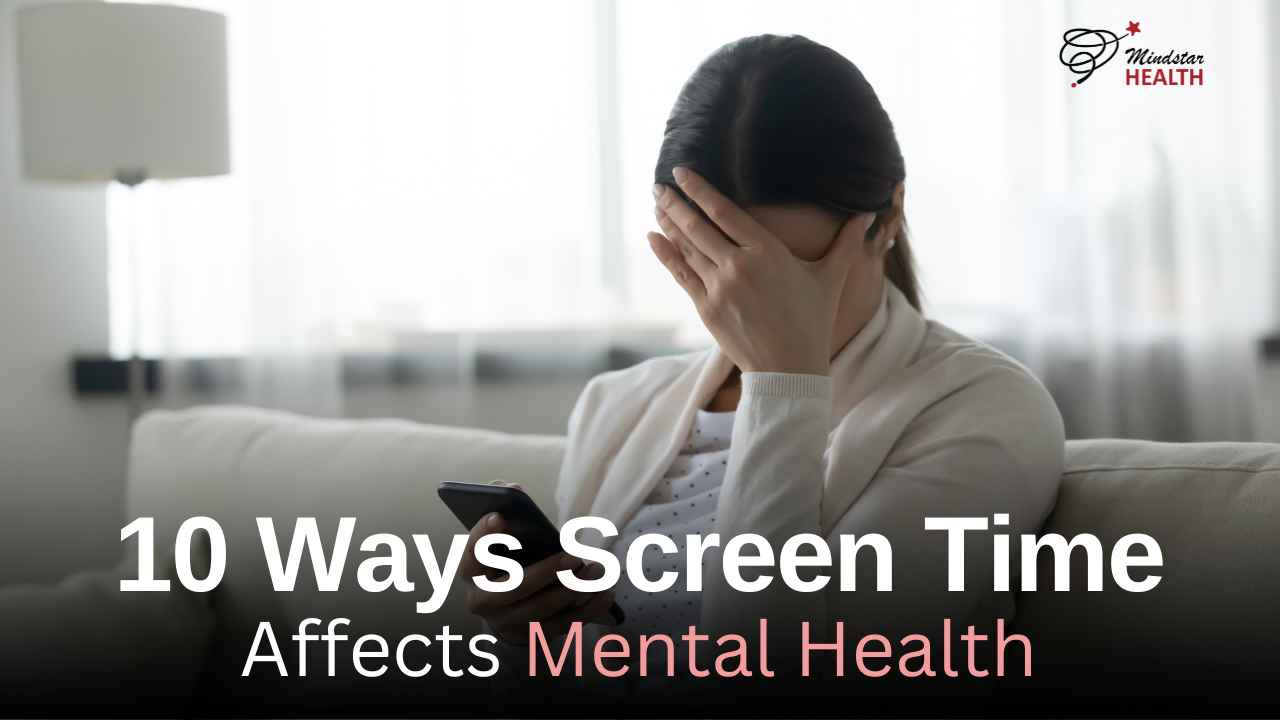

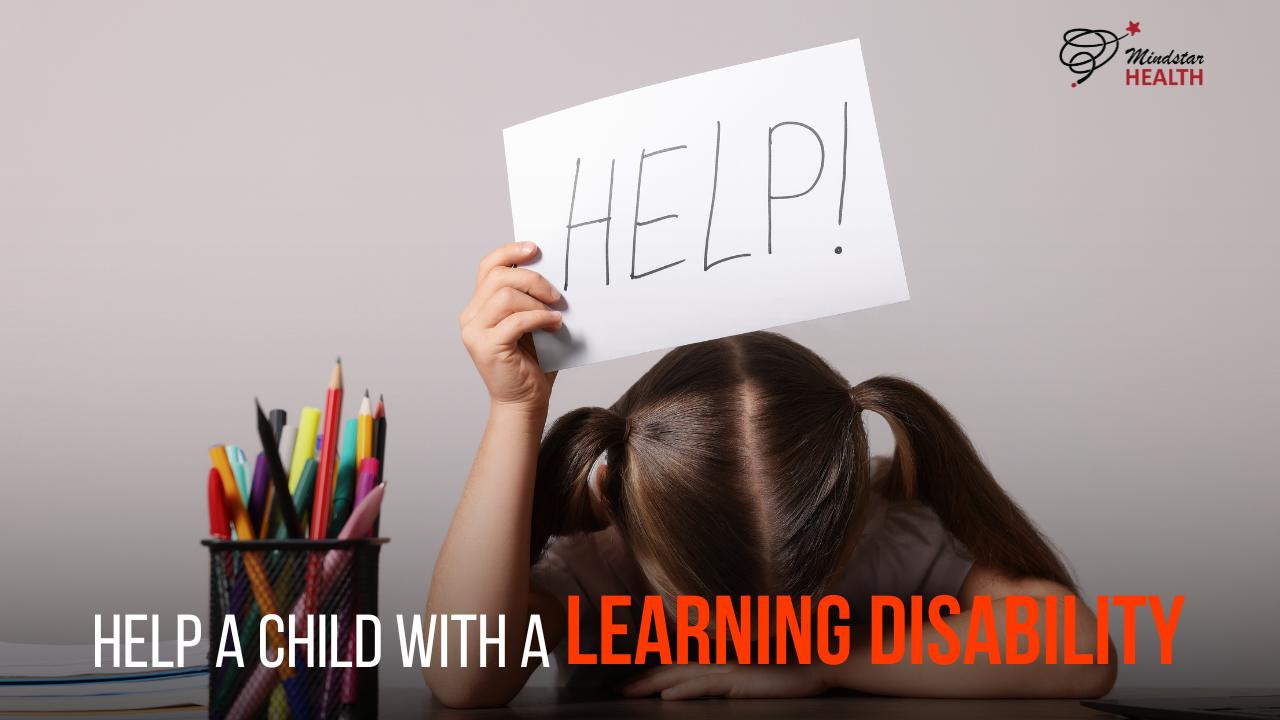
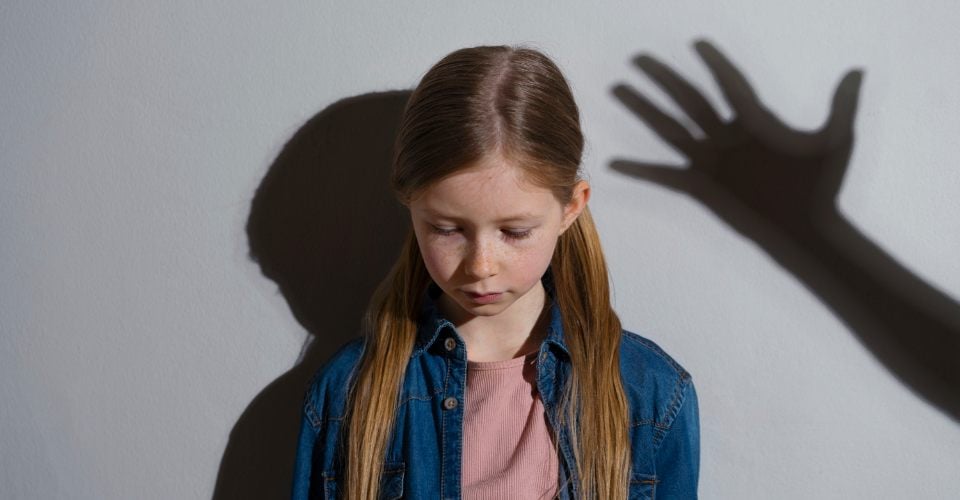
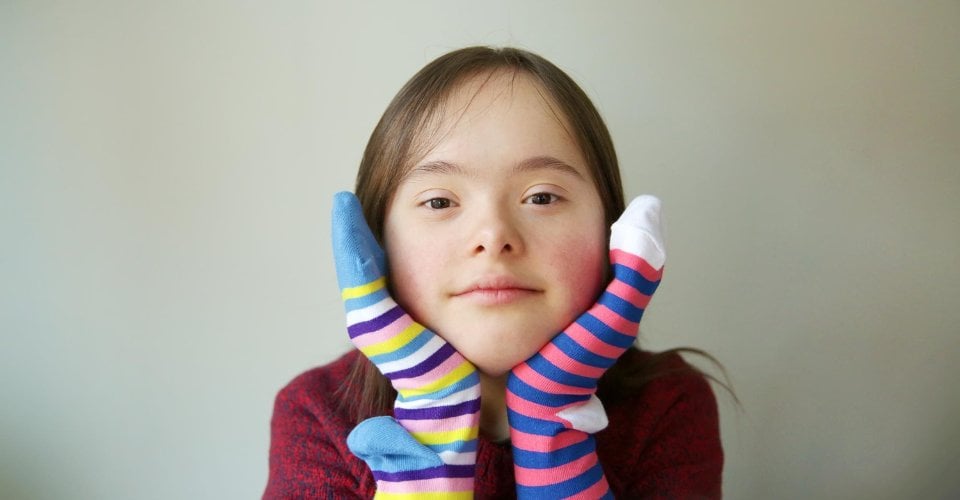


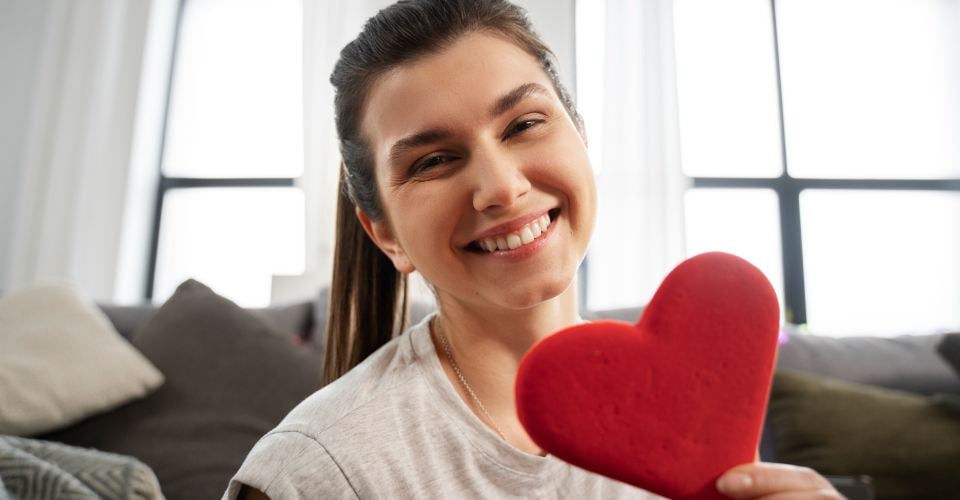

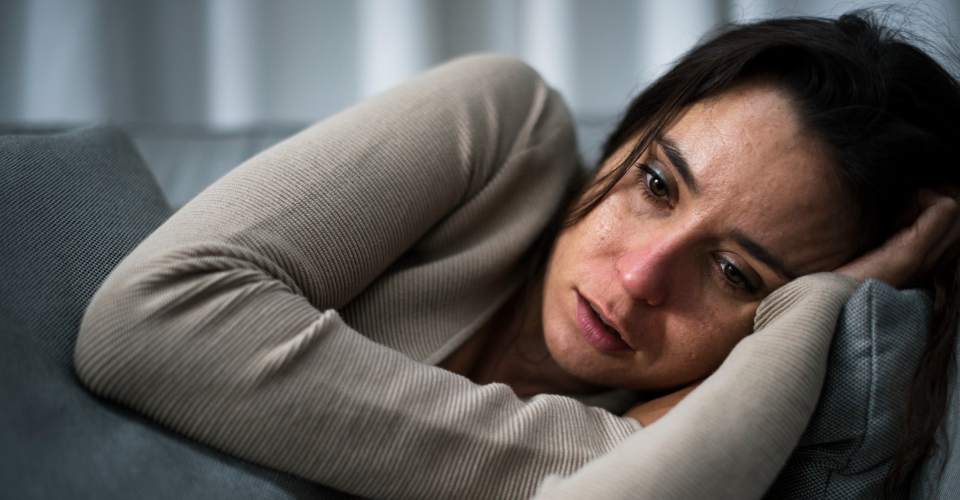
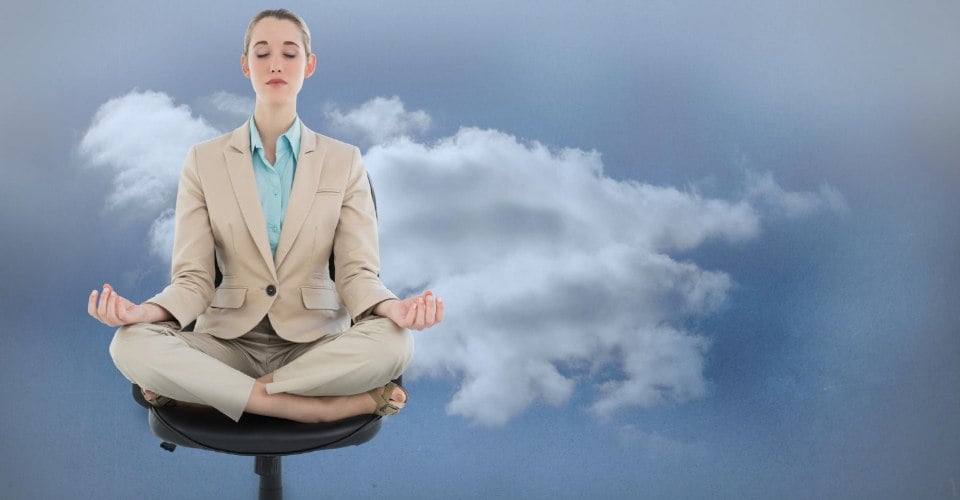
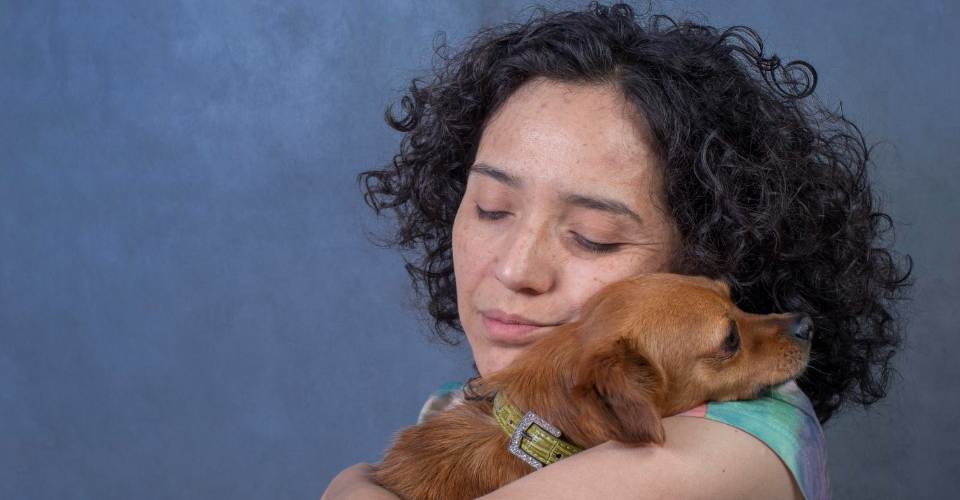
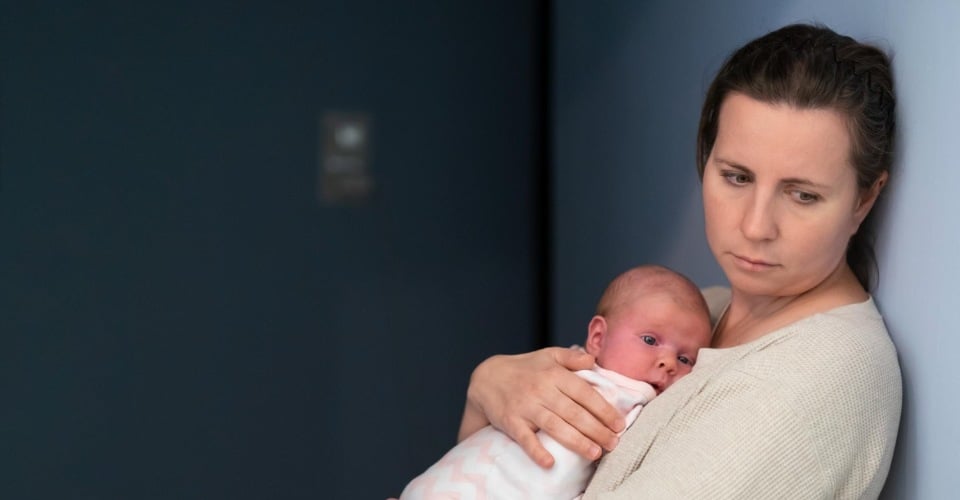
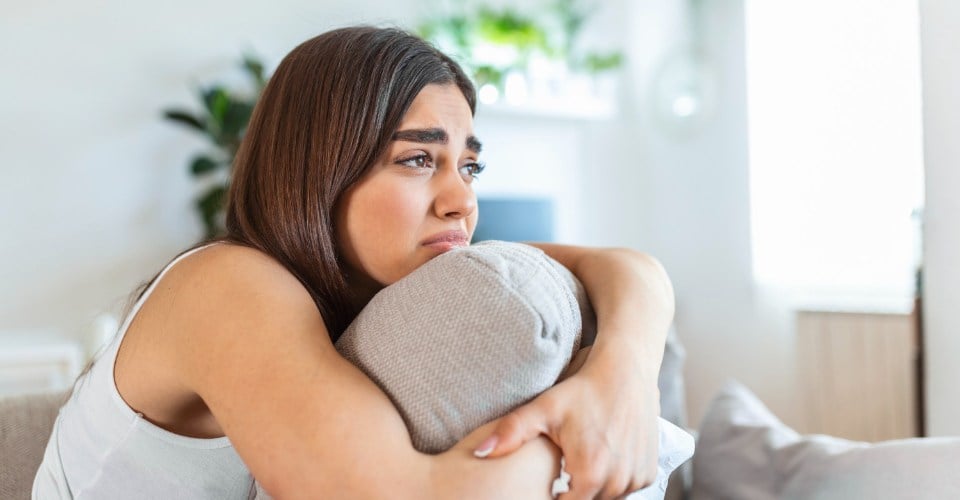
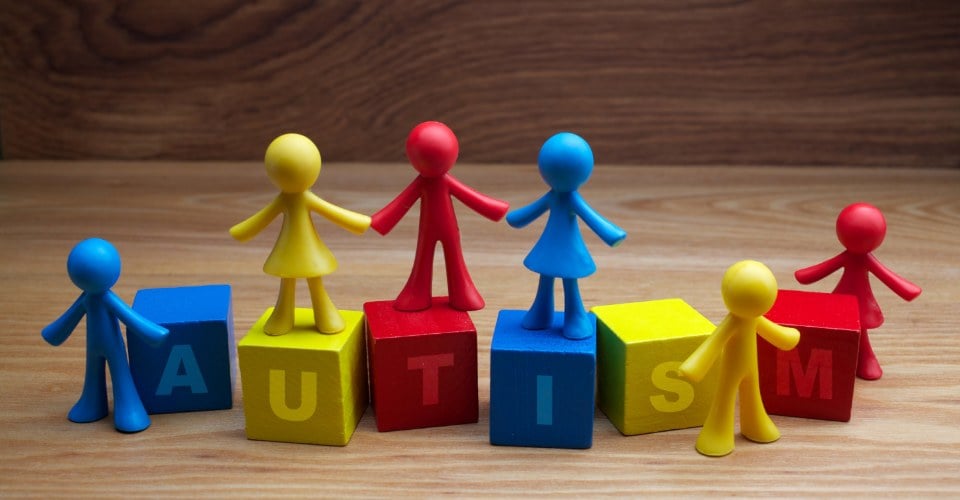


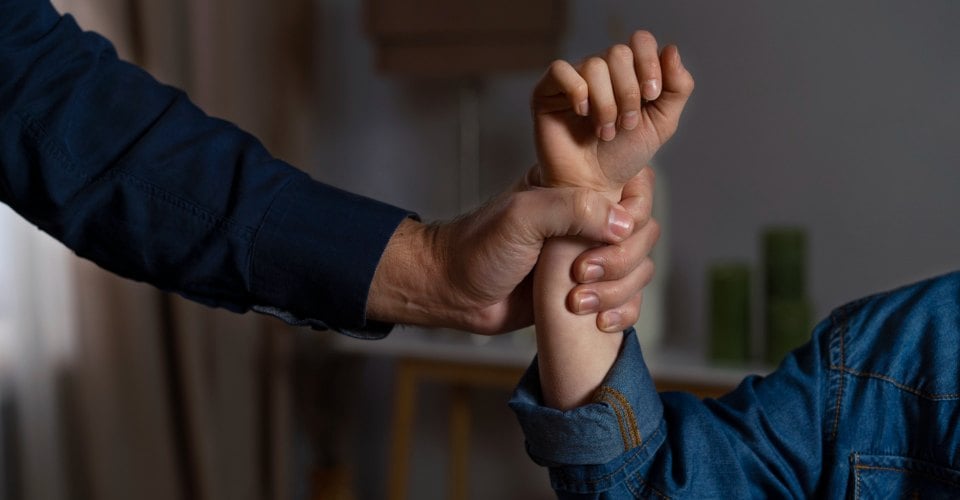
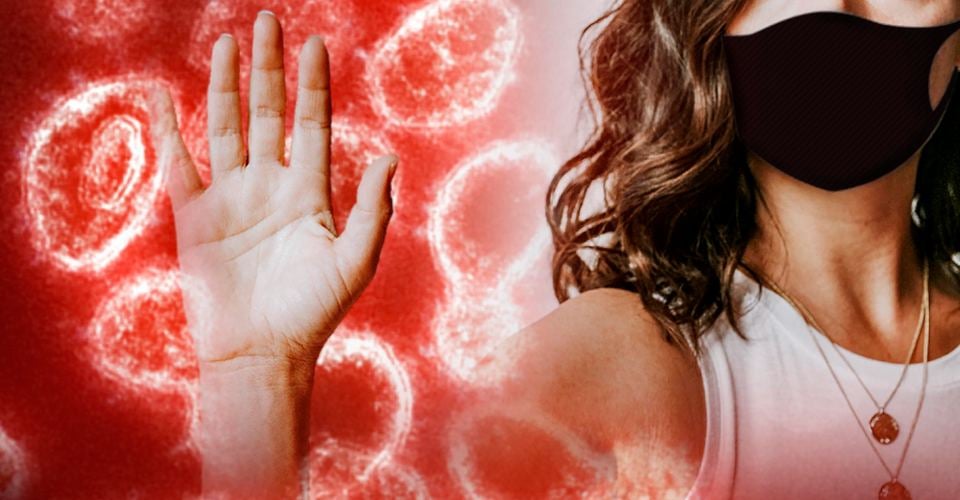
Leave a Reply
You must be logged in to post a comment.